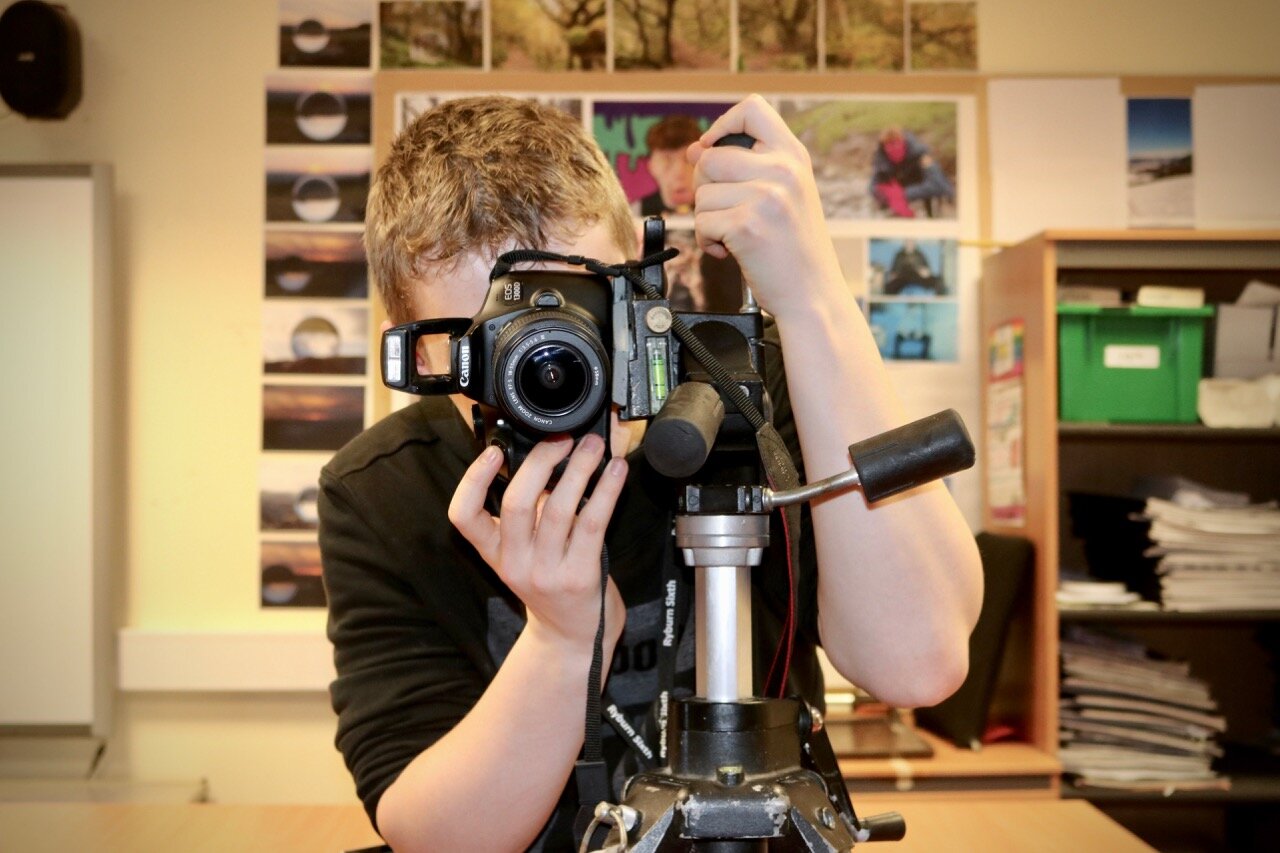Studying a Technical Award in ICT takes a practical approach to developing skills and knowledge of IT and data systems in the workplace.
HEAD OF DEPARTMENT:
Mr L Cleary
EXAMINATION BOARD:
Edexcel
LEVEL:
Level 1/2 Vocational Award in ICT
WEBSITE
Course outline
The Vocational award in ICT is for learners who want to acquire technical knowledge and technical skills through vocational contexts by studying the knowledge, understanding and skills related to coping with rapid changes in technology, designing, programming, testing and evaluating software systems. Students will specifically gain a working knowledge of databases, spreadsheets, automated documents and images.
Learners will develop a number of skills which are attractive to employer, colleges and universities including:
· Communication
· Coping with rapid changes in technology
· Critical thinking
· Designing, programming, testing and
· evaluating software systems
· Learning independently
· Numeracy and data handling
· Problem solving
· Research
· Taking on responsibility
· Time management.
Assessment method
The qualification is made up of 2 units:
Unit 1: ICT in Society
Unit 2: ICT in Context
You will be assessed through a mixture of exams and controlled assessments. Unit 1 will be assessed through an exam which is worth 40% of your qualification. The exam will last 1 hour and 20 minutes, it will be made up of short and extended response questions. Unit 2 will be assessed with project work (no exam) which is worth 60% of your qualification. As part of this assessment, you will be given a scenario and will need to undertake a number of tasks.
| Unit | % of final grade | Type of Assessment | Additional details |
|---|---|---|---|
| Unit 1: ICT in Society | 40% | Internal | An exam lasting 1 hour and 20 minutes |
| Unit 2: ICT in Context | 60% | Internal | Assessed project work |
The future
Students who generally achieve at Level 2 across their Key Stage 4 learning might consider progression to A Levels as preparation for entry to higher education in a range of subjects, or to study of a vocational qualification at Level 3, such as a BTEC National in IT. This prepares students to enter employment or apprenticeships, or to move on to higher education by studying a degree in the digital sector.








































